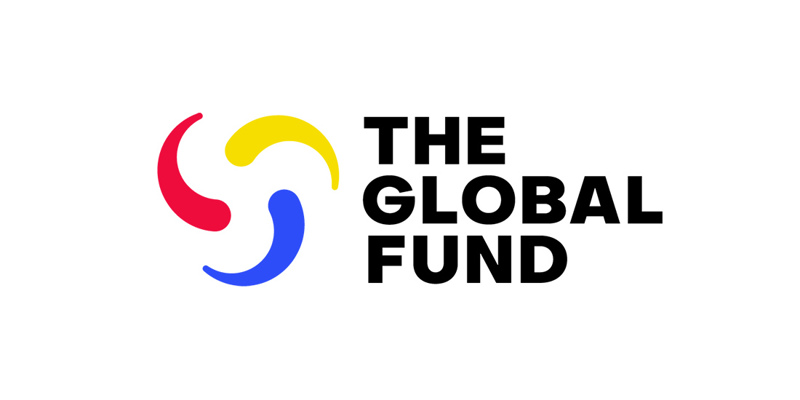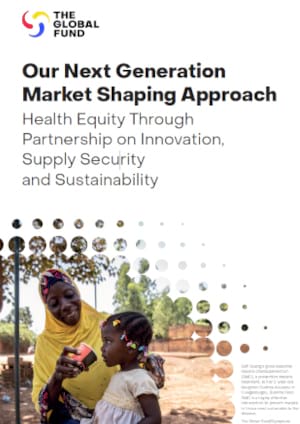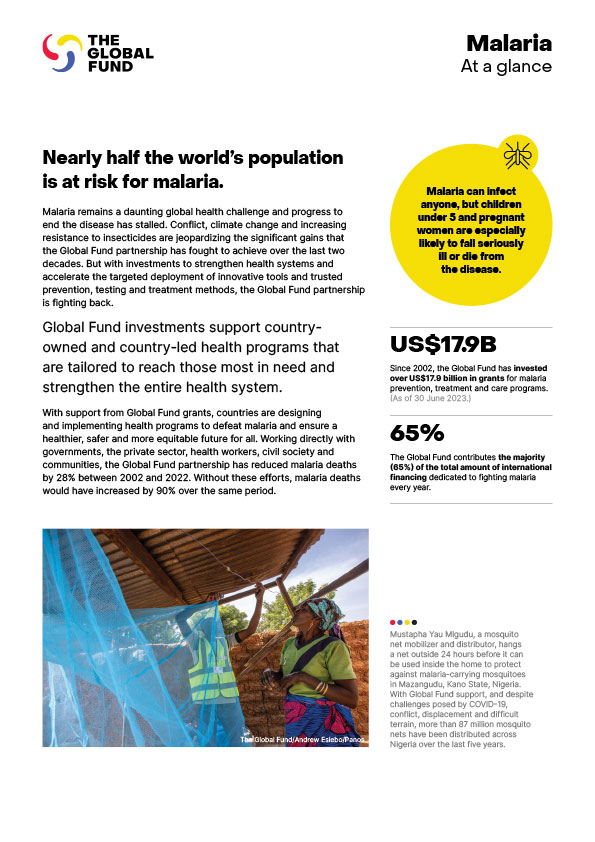Emergency Funding for HIV and TB Services
Between March 2022 and August 2023, the Global Fund approved US$27.7 million in emergency funding to support the continuity of HIV and TB prevention, testing and treatment services in Ukraine. This is in addition to the US$165.5 million approved in December 2023 for the 2024-2026 implementation period to support Ukraine to fight HIV and TB and strengthen their systems for health. This new funding builds on the US$135.7 million in grants and catalytic matching funds allocated to Ukraine to support the fight against HIV and TB in the country over the 2021-2023 implementation period, and US$54.5 million for the country's COVID-19 response – totaling nearly US$190 million. The Global Fund has also approved US$28 million to reprogram existing grants to respond and adapt to the programmatic needs in the country.
Our Principal Recipients – Public Health Center, Ministry of Health, 100% Life, and Alliance for Public Health – and over 100 community-based and community-led organizations have been delivering HIV and TB services to vulnerable people. We continue working closely with all our partners to carry out critical work required to strengthen health care and community systems and ensure patients have ongoing access to prevention, testing and treatment for HIV and TB. This includes funding for:
- Generators for regional laboratories where power supplies are limited or at risk.
- Retrofitting vans to deliver essential medicines and supplies.
- Procurement of HIV and TB drugs, and diagnostic equipment and reagents.
- Community-led organizations to support affected and displaced members of their communities and link them to HIV and TB services.
- Work to help patients displaced in Ukraine and nearby countries get reconnected to the health care and medicine they need.
- Providing food and care packages for TB and HIV patients and beneficiaries of prevention/testing programs.
- Funding legal support for communities and displaced people.
- Locating appropriate accommodation for patients with infectious conditions like multidrug-resistant tuberculosis.
- Providing funding for additional mental health services, with a particular focus on support for women who have suffered sexual and gender-based violence as a result of the war.














